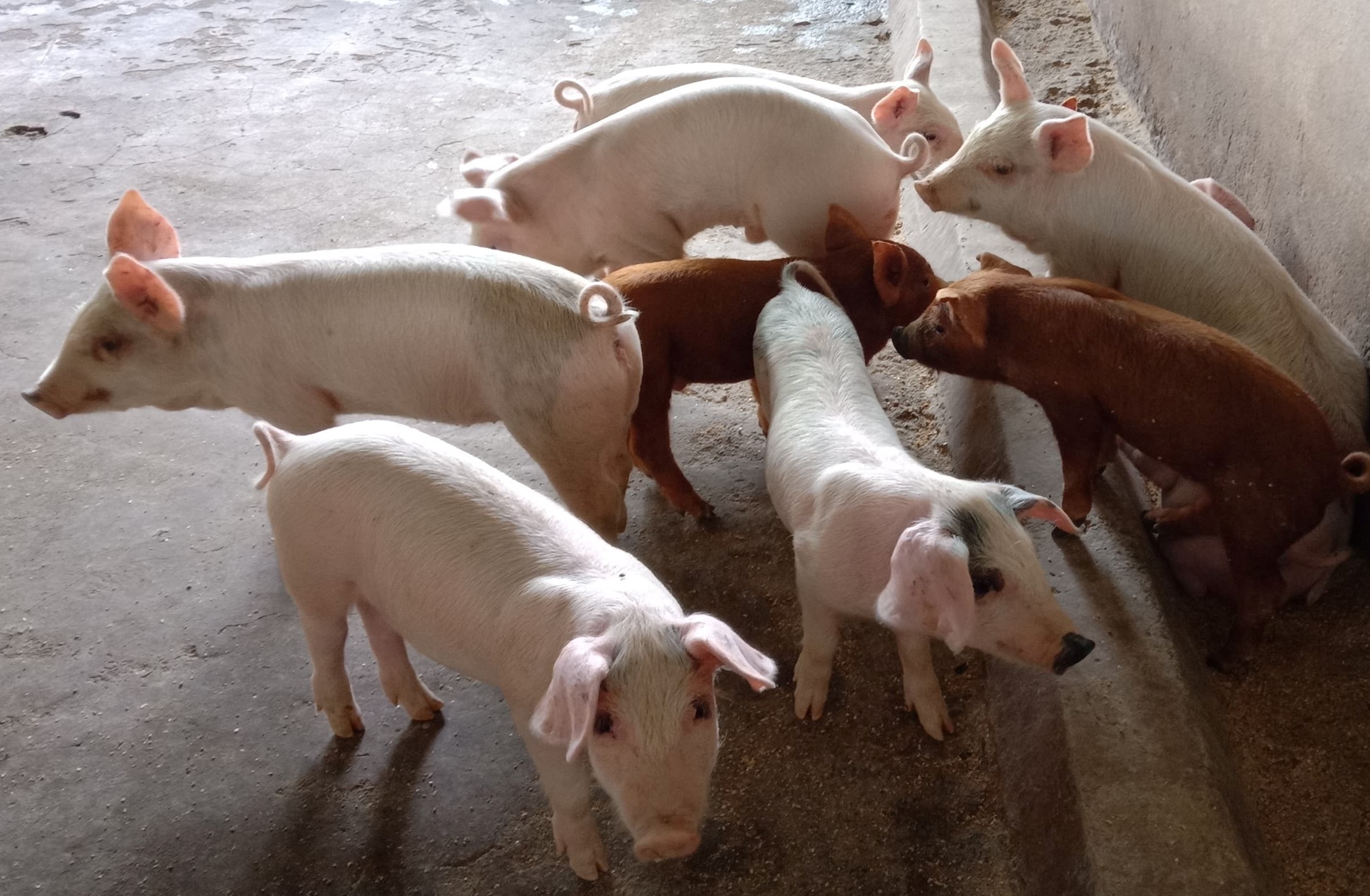Effect of feeding regime and castration timings on the production performance of fattener pigs
Keywords:
Average daily gain, castration, feed conversion ratio, fattenersAbstract
Study was conducted to assess the effect of feeding regime and castration timings on the production performance of fattener pigs. Feed conversion ratio, average daily weight gain, final weight including the cost-benefit analysis of fattener pigs reared under farm conditions with similar feeding and management practices were studied. Twenty-two piglets of same age, uniform size with equal sex ratio on the day of farrowing were included for the study. The animals were randomly assigned to Group A and Group B. The pigs in Group A were fed once in the morning, and pigs in Group B were fed twice in a day as per usual farm practice for 280 days. The birth weights were taken as an initial weight for all animals. All the animals were weighed before feeding in the morning on a fortnightly basis using portable digital weighing balance until weaning. Thereafter, the pigs from weaning until termination of the trial were weighed using electronic weighing scale. The male pigs in each group were castrated at 3 different stages; 14, 30 and 60 days after birth. Two-way analysis using ANOVA was administered for the data analysis. A significant difference was not observed in the overall mean final weights between the two study groups. The average daily weight gain and feed conversion ratio for pigs in group A and B were 0.339 g & 0.346 g and 4.02 g and 3.65 g, respectively. The mean final weight of pigs castrated at 14, 30 and 60 days were 93.8 kg, 99.02 and 97.15 kg irrespective of group and the result did not differ significantly (p = 0.771). However, the study showed a slightly higher final weight gains in female (98.5 kg) when compared to male (96.5 kg) pigs irrespective of the group. The cost-benefit-analysis although not significant, revealed higher net-income by 46.62% in Group B than Group A. The study concludes that feeding frequency and castration timing does not affect the overall performance of fatteners pigs reared under similar management practices and environment condition.

Downloads
Published
License
Copyright (c) 2021 Bhutan Journal of Animal Science

This work is licensed under a Creative Commons Attribution 4.0 International License.





